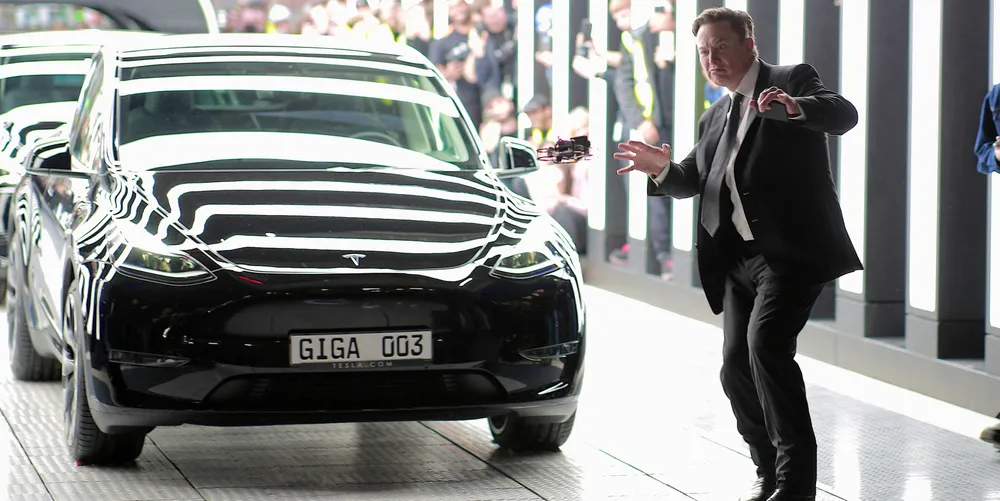VW to tap into Spanish renewables as Tesla opens gigafactory near Berlin
German car giant plans second battery cell gigafactory near Valencia as part of $7.7bn plan to create e-vehicle hub in Spain, while Tesla CEO Musk announces his company is working on new manganese battery cell

German car making giant Volkswagen via its SEAT unit has chosen a site near Valencia for its second battery cell gigafactory as part of a €7bn ($7.69bn) plan to create a European Electric Vehicle Hub in Spain together with external suppliers along the entire value chain of e-mobility.
One of the reasons to pick Valencia was the availability to tap into nearby renewable power for its production - the same reason Tesla chose a site near Berlin for its first gigafactory in Europe that opened yesterday, with chief executive and US billionaire Elon Musk saying his company is working on a new manganese battery cell.
Although not directly related, the two announcements show how the market for battery cells and electric vehicles is booming in Europe, bringing a surging demand for green power with it.
“This project is highly important – for Volkswagen, for Spain, and for the whole of Europe,” said Thomas Schmall, member of the Volkswagen AG board responsible for technology and SEAT chairman.
“It’s our ambition to electrify Spain and we are willing to invest more than seven billion euro together with external suppliers for the electrification of our Martorell and Pamplona plants and the localisation of the battery value chain in Valencia.”
While VW increases its e-car ambition, competition is heating up in its German home market, where Tesla after a (for Germany) record speed construction of only two years has opened its first European battery cell and e-vehicle gigafactory in Grünheide near Berlin.
Both Elon Musk and German Chancellor Olaf Scholz came to the festive ‘Delivery Day’ of the first 30 Tesla model Y from European production.
The plant is slated to eventually churn out 500,000 electric cars a year. Tesla also chose the Grünheide site in Brandenburg, which surrounds Berlin, as the relatively flat north-eastern state is one of Germany’s top wind power producers, making sure the e-cars from the hyped manufacturer are made using green power.
German economics and energy minister Robert Habeck at the opening also stressed the energy security aspects of e-mobility.
“The road to electro-mobility is another step away from oil imports,” Habeck said.
“We also need more Tesla speed for other infrastructure projects, such as the expansion of renewable energies and the power grid.”
“I think there’s an interesting potential for manganese,” Musk is quoted as saying.
For the foreseeable future Tesla will focus on nickel-based chemistries for longer-range vehicles and iron-phosphate for shorter-range vehicles, however, he is reporting saying.
(Copyright)